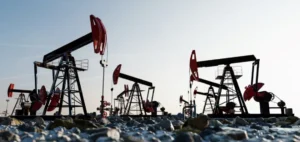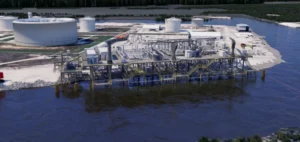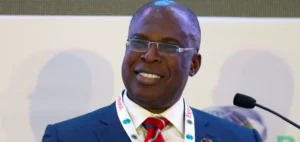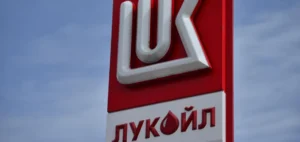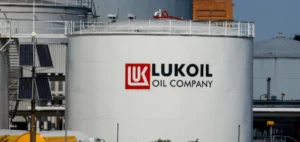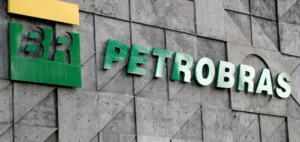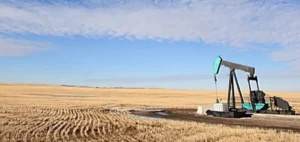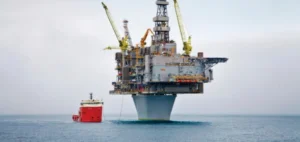In a recent interview, Iraq’s Oil Minister, Hayan Abdel-Ghani, said that Iraq does not anticipate further oil production cuts by OPEC+ at its next meeting in June.
First indication from an OPEC minister: no further Iraqi oil cuts
This is the first indication from an OPEC minister of a potential decision, as oil prices continue to fall. Abdel-Ghani emphasized that Iraq cannot cut production any further, reflecting the country’s commitment to the voluntary oil production cuts in place since May and which will continue until the end of 2023.
The decision by OPEC and its allies, led by Russia, to implement production cuts at the end of 2022 was aimed at supporting the market in the face of a deteriorating economic outlook that was affecting oil prices. However, in a surprise decision in early April, Saudi Arabia and other OPEC+ members announced further oil production cuts of around 1.2 million barrels per day. This unexpected announcement initially boosted oil prices, but these gains have since been erased by fears of a global economic slowdown.
Iraqi oil cuts: Crucial issues at the OPEC+ meeting in Vienna on June 4
The next OPEC+ meeting, scheduled for June 4 in Vienna, will be a crucial forum for determining the next course of action. Abdel-Ghani stressed the importance of the second voluntary reduction, saying it had played a crucial role in stabilizing the market and raising prices. These production cuts have also deterred short sellers of oil, who are betting on lower oil prices. Prince Abdulaziz bin Salman, Saudi Arabia’s Energy Minister, had previously warned traders against excessive speculation in the oil market, promising that those who gamble with oil prices would suffer serious consequences.
As for Iraq’s own production cuts, the country has announced a reduction of 211,000 barrels per day from May, as part of the voluntary agreement. In addition, Turkey halted exports of 450,000 barrels a day from its northern region via the Iraq-Turkey pipeline on March 25. This follows an arbitration ruling ordering Ankara to pay damages of $1.5 billion to Baghdad for unauthorized exports made by the Kurdistan Regional Government between 2014 and 2018. The resumption of oil flows remains uncertain, as Iraq is still awaiting a response from the Turkish state energy company to its request to resume exports.
As oil prices continue to fluctuate and global economic conditions remain uncertain, decisions taken at the next OPEC+ meeting will play an important role in shaping the future of the oil market.


